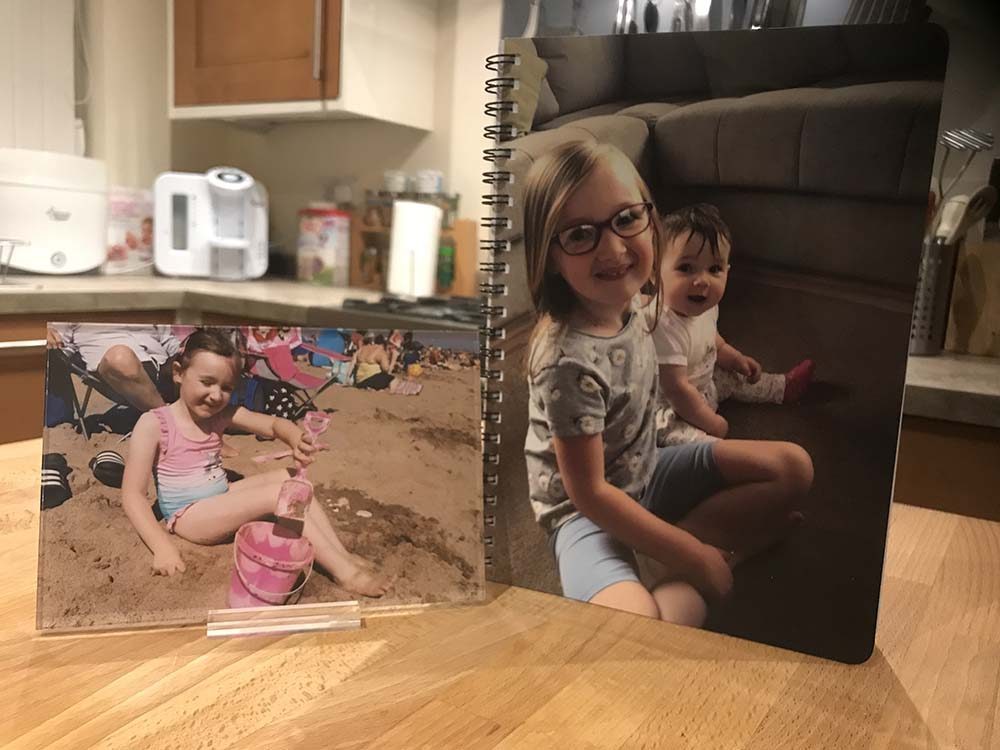Disputes at Home: Your Guide to Managing Property Conflicts
This is a collaborative post
Managing home life can be challenging, especially when disagreements arise over property issues. These disputes can disrupt household stability, affecting relationships and family interactions. Resolving property conflicts effectively is important to maintain peace while ensuring fairness for everyone involved. With practical strategies and a clear approach, finding solutions that work for all parties is possible.

Understanding Property Rights and Responsibilities
Being informed about property rights and responsibilities is essential in preventing disputes. Conflicts often arise from lease agreements, boundary issues, and shared spaces. A clear understanding of property law helps landlords, tenants, and co-owners recognise their rights, reducing misunderstandings and preventing disputes from escalating.
Common causes of disagreements include maintenance concerns and unauthorised changes to a property. Recognising these issues early and maintaining open communication can help resolve conflicts before they become major problems. Written agreements outlining responsibilities for repairs, renovations, and financial obligations can prevent confusion.
Consulting legal professionals or mediators can also guide in complex cases. Local property regulations may differ, so staying informed about specific laws in your area is important. When multiple parties share ownership, setting clear terms for decision-making and financial contributions can help avoid conflicts.
Dispute Resolution Strategies
Resolving conflicts fairly and constructively is essential, especially in family settings where relationships are at stake. Various methods can help address property disputes, and selecting the right approach can lead to better outcomes.
Mediation is often effective, as it allows a neutral third party to facilitate discussions, helping conflicting parties communicate and reach a mutual agreement. This approach promotes understanding and encourages cooperation while avoiding the stress of formal legal proceedings.
If mediation does not resolve the issue, arbitration can be another option. Unlike mediation, arbitration involves a neutral party making a binding decision based on the evidence presented. This method is faster and more cost-effective than litigation, making it a practical alternative.
In more complex situations, legal consultation may be necessary to navigate property-related conflicts effectively. For expert assistance in navigating property-related conflicts, consider visiting Property Disputes, a dedicated service that offers tailored solutions for resolving property conflicts.
Leasehold and Boundary Disputes
Leasehold and boundary disagreements are common in residential areas, often causing tension between tenants, landlords, and neighbours. Addressing these issues early can prevent conflicts from escalating.
Leasehold disputes typically stem from unclear lease terms, maintenance responsibilities, or payment obligations. Tenants and landlords should ensure that lease agreements explicitly outline expectations regarding repairs, service charges, and contract terms. Regular communication can help resolve misunderstandings before they become legal issues.
Boundary disputes, on the other hand, usually involve disagreements over property lines, which can impact fencing, landscaping, or access to shared areas such as driveways. Resolving such conflicts requires gathering relevant documents, including property surveys, title deeds, and local planning records, to establish legal boundaries.
Open dialogue between neighbours is key to finding amicable solutions. If discussions fail, professional mediation or legal intervention may be necessary.
The Role of Legal Advice in Property Conflicts
Some property disputes require professional legal guidance to ensure fair and lawful resolutions. Legal counsel can help individuals understand complex property laws, enforce their rights, and navigate disputes with confidence.
A lawyer experienced in property law can clarify legal terminology, review agreements, and ensure compliance with regulations. They can also assist in resolving conflicts through negotiation, helping parties reach settlements without the need for litigation.
If a dispute escalates to court proceedings, having legal representation is crucial for presenting a strong case. Beyond legal procedures, professional advice can help individuals and families make informed decisions about their property rights and obligations.
Maintaining Open Communication
Clear communication is essential in any relationship, especially when handling property matters. Establishing open dialogue helps prevent misunderstandings and reduces the risk of conflicts escalating. Regular discussions about shared responsibilities, expectations, and property-related changes can foster mutual understanding.
Setting aside time for structured conversations, such as family meetings, ensures that all parties have an opportunity to express their concerns. Encouraging honesty and active listening allows individuals to feel heard and promotes collaborative problem-solving.
Documenting agreements reached during these discussions can serve as a useful reference if disagreements arise in the future. Keeping records of key decisions, such as maintenance responsibilities or financial contributions, helps avoid confusion and ensures accountability.
Understanding the Emotional Impact of Property Disputes
Property disputes can be emotionally challenging for individuals and families. The stress and frustration caused by disagreements can lead to anxiety, tension, and strained relationships. Acknowledging the emotional impact of these conflicts is essential for addressing them in a balanced way.
When disputes arise, family members need to recognise and validate each other’s feelings. Open discussions about emotions can help ease frustration and create a supportive environment. For example, if a parent feels overwhelmed by a dispute, expressing these emotions openly can help other family members understand their concerns and work toward a resolution together.
Managing stress during property conflicts is also crucial. Engaging in activities such as exercise, meditation, or shared family time can provide emotional relief and promote overall well-being.
The Importance of Setting Boundaries
Establishing clear boundaries within a household is key to preventing property disputes. Boundaries define not only physical spaces but also expectations regarding shared areas and resources. When communicated, these guidelines help manage responsibilities and reduce potential conflicts.
For example, setting rules for shared spaces like living rooms, kitchens, and outdoor areas ensures that all family members understand acceptable use. Similarly, defining personal space and establishing guidelines for shared belongings, such as furniture and appliances, can prevent misunderstandings.



